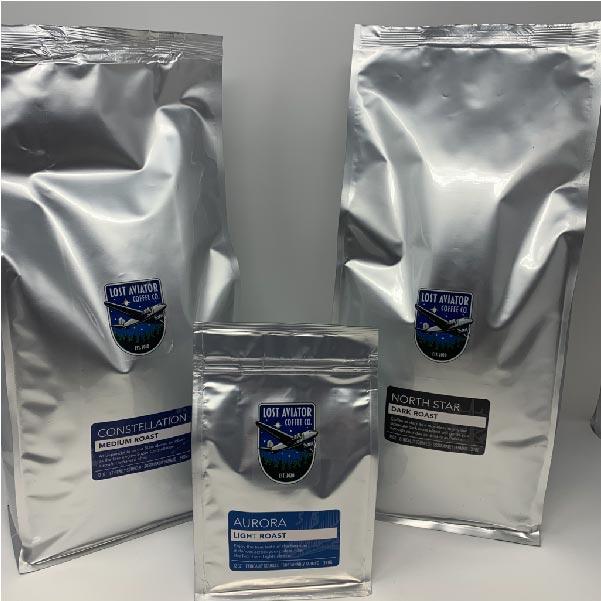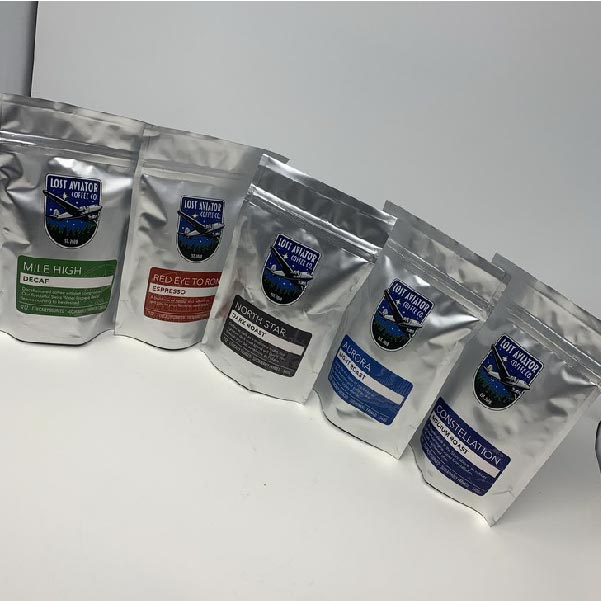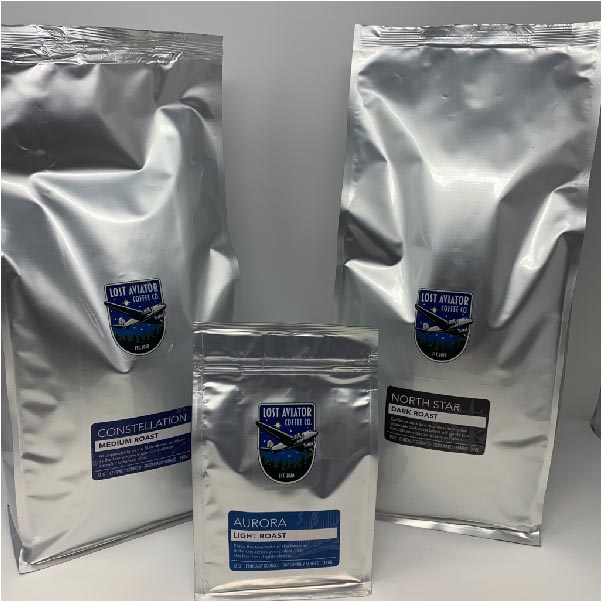
What are the pros and cons of drinking coffee?

Coffee, a beloved beverage consumed by millions worldwide, has become an integral part of our daily routines. Whether it's a morning pick-me-up or an afternoon refresher, coffee has ingrained itself in modern society. However, like any other consumable, it's essential to weigh the pros and cons before making it a regular part of your life. In this comprehensive analysis, we will explore the benefits and drawbacks of drinking coffee, helping you make an informed decision about its place in your daily routine.
The Pros of Drinking Coffee
1. Boosts Mental Function
Coffee contains antioxidants that promote brain health and enhance the performance of neurotransmitters, leading to improved cognitive function. Regular coffee consumption has been linked to a reduced risk of conditions like Alzheimer's and Parkinson's disease, providing long-term benefits for brain health.
2. Reduces the Risk of Type 2 Diabetes
Numerous studies have indicated that coffee drinkers have a lower risk of developing type 2 diabetes. The antioxidants and bioactive compounds in coffee help regulate blood sugar levels and improve insulin sensitivity, making it an excellent addition to a diabetes prevention plan.
3. Aids in Weight Management
Contrary to popular belief, coffee can actually help with weight management. It acts as an appetite suppressant, making you feel fuller for longer and reducing calorie intake. Additionally, caffeine increases metabolism and enhances fat-burning capabilities, making it an effective complement to a healthy diet and exercise routine.
4. Protects Against Neurodegenerative Diseases
Regular coffee consumption has been associated with a reduced risk of neurodegenerative diseases such as Parkinson's and Alzheimer's. The caffeine and antioxidant properties in coffee work synergistically to protect brain cells and delay the onset of these debilitating conditions.
5. Enhances Physical Performance
Caffeine, a natural stimulant found in coffee, can improve physical performance by increasing adrenaline levels and mobilizing fatty acids from fat tissues. This leads to enhanced endurance, improved muscle contraction, and increased overall performance during exercise.
6. Promotes Liver Health
Studies have shown that coffee consumption is associated with a lower risk of liver diseases such as cirrhosis and liver cancer. The antioxidants in coffee reduce inflammation and protect liver cells from damage, contributing to better overall liver health.
The Cons of Drinking Coffee
1. Potential for Sleep Disruption
One of the most well-known drawbacks of coffee is its potential to disrupt sleep patterns. The stimulating effects of caffeine can interfere with sleep quality, making it difficult to fall asleep or stay asleep. It is advisable to avoid consuming coffee in the late afternoon or evening to minimize its impact on sleep.
2. Adverse Effects for Some Individuals
While coffee is generally safe for most people, some individuals may experience adverse effects. Those with anxiety disorders, high blood pressure, or digestive issues may be more sensitive to caffeine and should moderate their consumption accordingly. Additionally, pregnant women should limit their caffeine intake due to potential risks to the fetus.
3. Dependency and Withdrawal Symptoms
Regular consumption of coffee can lead to dependency, with individuals experiencing withdrawal symptoms if they abruptly stop or reduce their caffeine intake. These symptoms may include headaches, fatigue, irritability, and difficulty concentrating. It is important to gradually reduce caffeine intake to minimize withdrawal effects.
4. Potential for Stomach Discomfort
Coffee is acidic and can cause stomach discomfort in some individuals, leading to conditions like acid reflux or gastritis. Excessive consumption or drinking coffee on an empty stomach may exacerbate these symptoms. It is advisable to consume coffee in moderation and pair it with food to reduce the risk of stomach discomfort.
5. Risk of Addiction
Caffeine is a mildly addictive substance, and regular consumption can lead to tolerance and dependence. While the addictive potential of coffee is relatively low compared to other substances, it is important to be mindful of your caffeine intake and take breaks from consuming it to minimize the risk of addiction.
6. Quality and Adulteration Concerns
The quality of coffee can vary significantly, and consuming low-quality or adulterated coffee may pose health risks. Adulterated coffee can contain impurities that may cause sickness, headaches, or other adverse effects. It is advisable to choose high-quality coffee from reputable sources to ensure a safe and enjoyable experience.
Making an Informed Decision
In conclusion, coffee offers numerous benefits, including improved mental function, reduced risk of type 2 diabetes, weight management support, and protection against neurodegenerative diseases. However, it is essential to be mindful of potential drawbacks such as sleep disruption, adverse effects for certain individuals, dependency, and the risk of addiction.
To make an informed decision about consuming coffee, consider your individual health status, sensitivity to caffeine, and any pre-existing conditions. Consulting with a healthcare professional can provide personalized guidance based on your specific needs. Additionally, selecting high-quality coffee and consuming it in moderation will help maximize the potential benefits while minimizing any potential risks.
Remember, coffee is just one aspect of a healthy lifestyle, and balance is key. By understanding the pros and cons of drinking coffee, you can make an informed decision that aligns with your overall health and wellness goals.
If you are living in Mississauga, Etobicoke or in Guelph and looking for the best coffee shop, visit Lost Aviator Coffee Co. and order online.






























